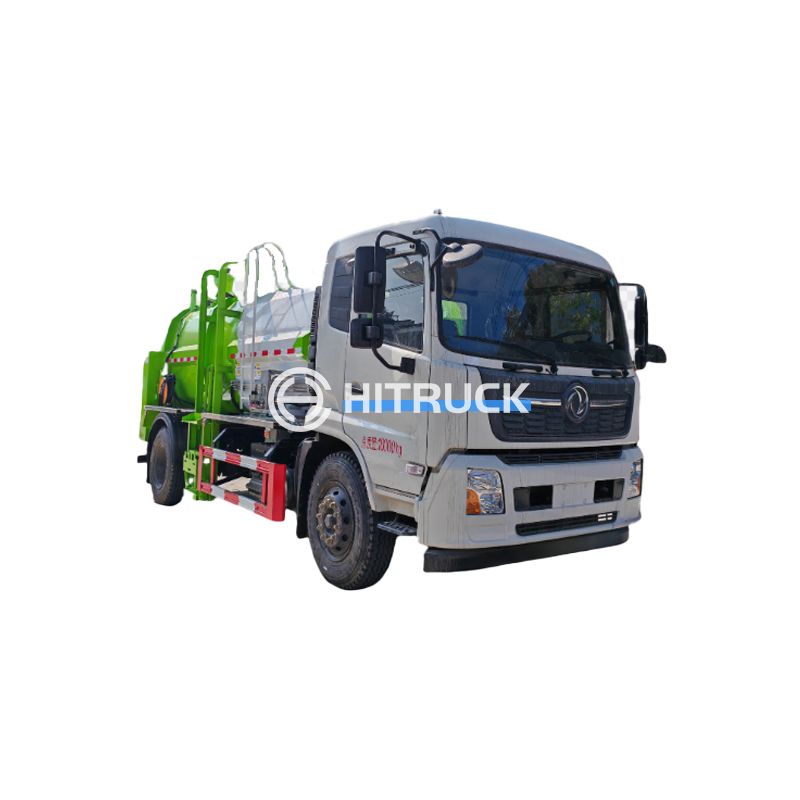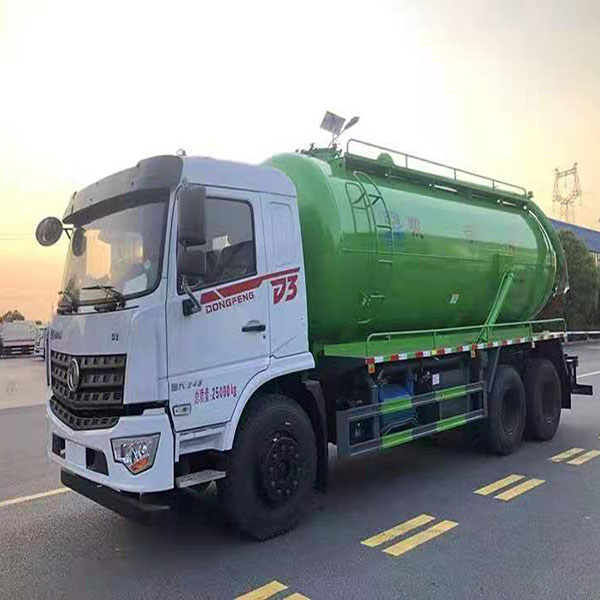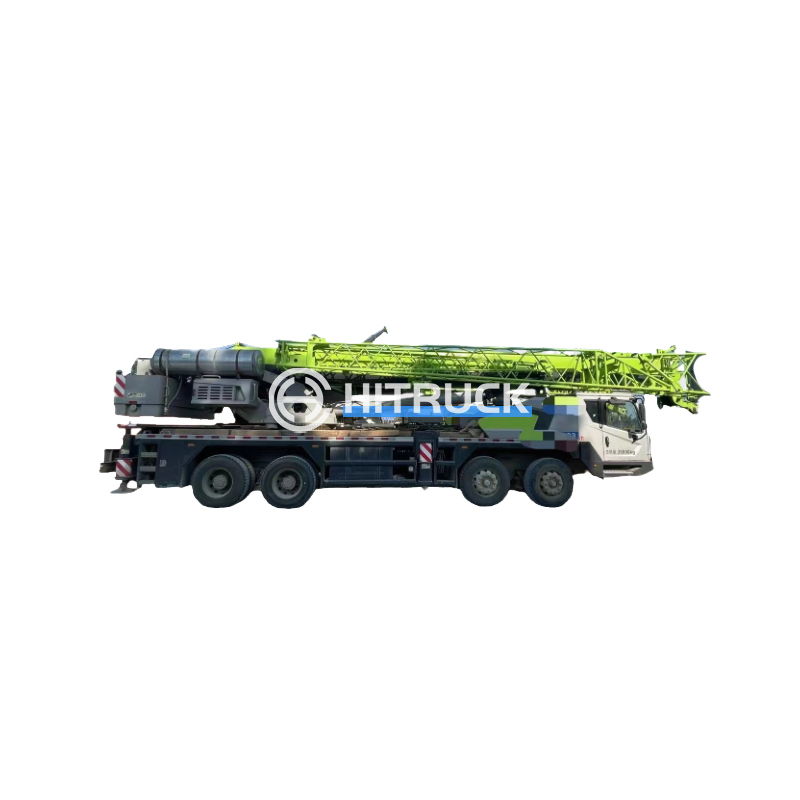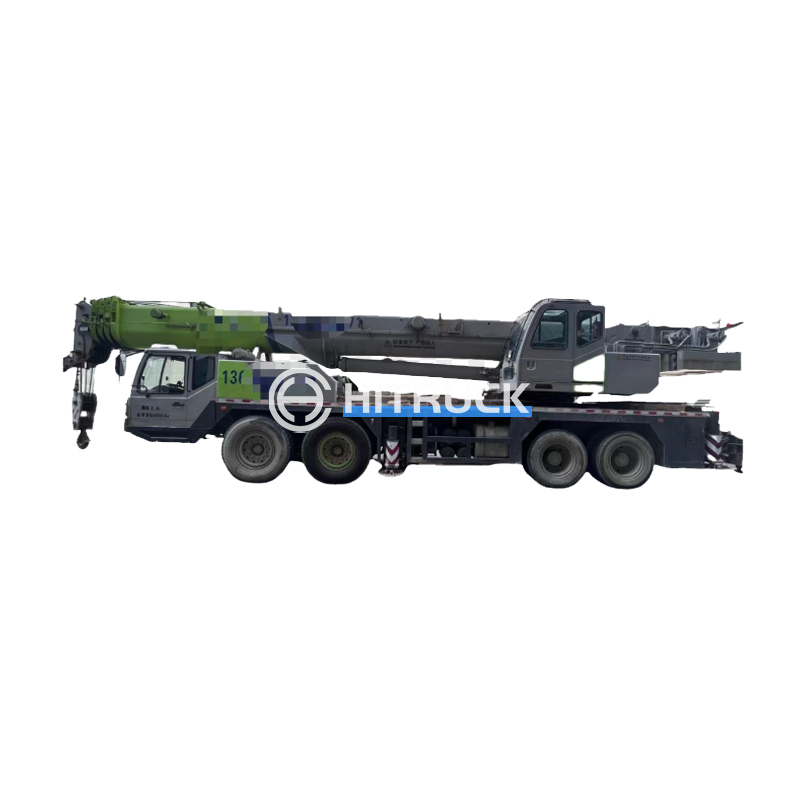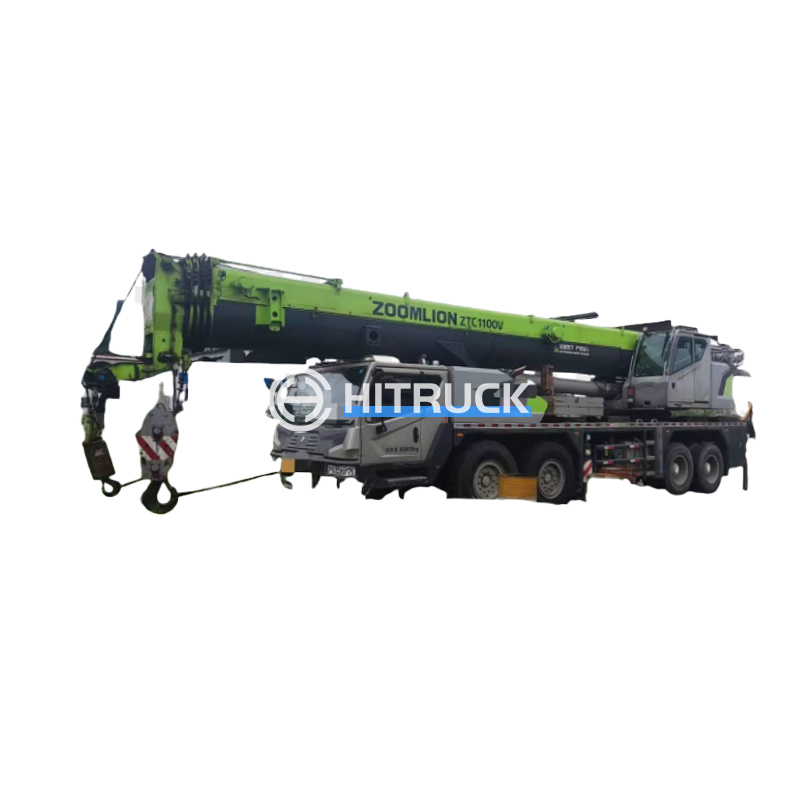This comprehensive guide explores everything you need to know about truck mixer trucks, helping you make an informed decision based on your specific needs. We'll cover different types, key features, maintenance tips, and factors to consider when purchasing or leasing. Find the perfect truck mixer truck for your project.
Truck mixer trucks primarily differ in their drum type and operation. The most common types include:
The choice between transit and non-transit depends heavily on the project's scale and the distance the concrete needs to be transported. For large projects involving long distances, a transit mixer is essential. For smaller, local jobs, a non-transit mixer might suffice.
Truck mixer trucks come in various sizes, typically measured in cubic yards or cubic meters. Capacity selection hinges on the volume of concrete required per job. Larger projects demand higher-capacity trucks, while smaller projects benefit from smaller, more maneuverable trucks. Consider the size and accessibility of your job site when selecting the appropriate size.
The drum's design impacts mixing efficiency and concrete quality. Different designs offer varying levels of mixing intensity and longevity. The material used in the drum construction—often steel—affects its durability and resistance to wear and tear. Investigate different drum materials and their respective benefits.
The engine's power and efficiency directly impact the truck's performance. A powerful engine is crucial for efficiently handling heavy loads and navigating challenging terrain. Consider fuel efficiency alongside power, as it impacts operational costs over time.
The discharge system, including the chute, is vital for efficient and controlled concrete placement. Look for user-friendly designs that allow for precise control of the concrete flow. Some systems offer remote control for added convenience and safety. Consider the height and reach required for your specific projects.
Regular maintenance is crucial for extending the lifespan of your truck mixer truck and minimizing downtime. This includes routine inspections, lubrication, and timely repairs. Factor in maintenance and repair costs into your overall budget.
Fuel consumption is a significant operational cost. Choosing a fuel-efficient model can significantly impact long-term expenses. Proper driving techniques also contribute to better fuel economy.
The ideal truck mixer truck depends entirely on your specific needs. Factors to consider include:
Consult with industry professionals and equipment suppliers to determine the most appropriate truck mixer truck for your specific circumstances. For reliable truck mixer trucks and expert advice, consider visiting Suizhou Haicang Automobile sales Co., LTD at https://www.hitruckmall.com/.
| Feature | Transit Mixer | Non-Transit Mixer |
|---|---|---|
| Mixing During Transport | Yes | No |
| Suitable for Long Distances | Yes | No |
| Ideal for Large Projects | Yes | No |
Remember to always prioritize safety and comply with all relevant regulations when operating a truck mixer truck.

